
POSTACIE Emperors, leaders and dictators
Emperors, leaders and dictators

Aetius (390–454) – the tragic end of „the last Roman”
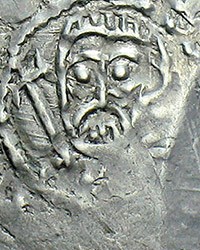
Alberic II (909? – 954) – an annihilator of his own mother and a prince of Rome
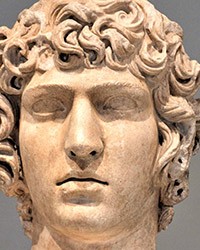
Antinous (approx. 110–130 A.D.) – a youth, for whom the emperor lost his mind
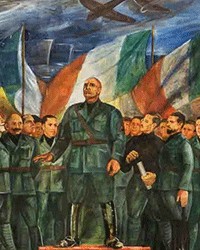
Benito Mussolini (1883–1945) – successor of emperors; a charismatic and adored leader
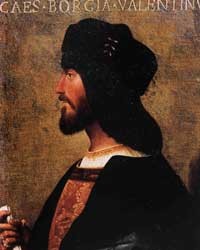
Cesare Borgia (1476–1507) – papal offspring whom the whole world feared

Emperor Antoninus Pius (86–161) – a god-fearing, reasonable and just host
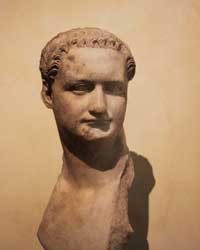
Emperor Domitian (51–96) - a great constructor and a despot hated by the Senate

Emperor Hadrian (76–138) – a traveler and an admirer of Greek culture
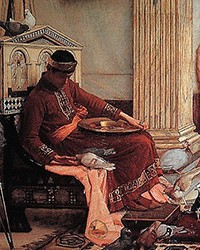
Emperor Honorius (384–423) – the one, who allowed Rome to be plundered
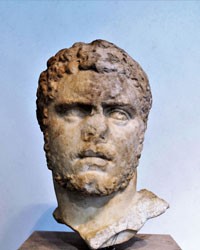
Emperor Caracalla (188–217) – a brutal madman or a victim of propaganda?

Emperor Commodus (161–192) – an unfortunate son of a great father
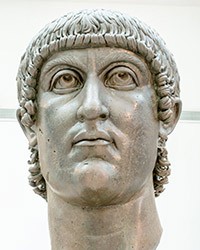
Cesarz Konstantyn Wielki – wybitny strateg i pierwszy chrześcijański władca
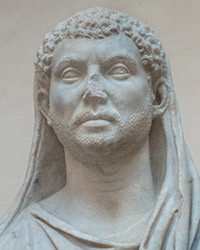
Emperor Maxentius (278–312) – an oppressor or a victim of a black legend?
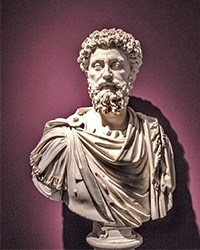
Emperor Marcus Aurelius (121–180)– a philosopher on the imperial throne
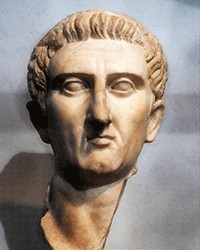
Emperor Nerva (30–98) – a reasonable, gentle and wise emperor

Emperor Romulus Augustulus (approx. 463–ok. 536) – the last emperor of the Western Empire and….nothing more

Emperor Septimius Severus (145–211) – the one, who made the army into a leading force in the empire

Emperor Theodosius the Great (347–395) – the one, who turned imperium Romanum into imperium Christianum

Emperor Trajan (53–117) – the ideal Roman ruler – courageous, generous and on good terms with the Senate
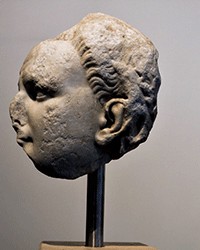
Emperor Titus (39–81) – the conqueror of Jerusalem and lover of Berenice

Emperor Velentinian III (419–455) – the pathetic mutiny of a marginalized ruler
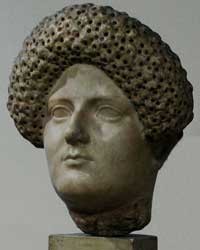
Empress Domitia Longina (53?–128?) – respected and condemned, the fate of the wife of the last Flavian
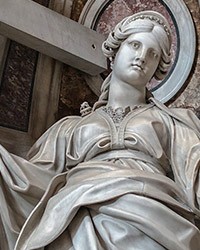
Helena – from an innkeeper to a saint, meaning how legends are made

Empress Julia Domna (150/160? – 217) – an ambitious ruler and an unhappy mother

Galla Placidia (390–450) – an exceptional woman, worth as much as several tons of grain
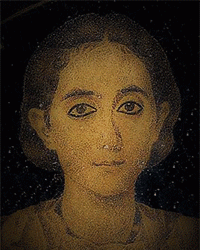
Honoria (418–455?) – an emancipator or a tool of political calculations?
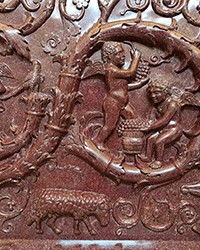
Constantina – an imperial daughter and an enigmatic saint

Odoacer (433–493) – the fall of the empire, meaning how an intelligent illiterate became a Roman king

Theodoric the Great (441–526) – a barbarian, for whom Romans erected monuments
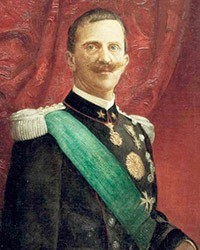
Victor Emanuel III (1869–1947) – a king rejected and unwanted
Zgodnie z art. 13 ust. 1 i ust. 2 rozporządzenia Parlamentu Europejskiego i Rady (UE) 2016/679 z 27 kwietnia 2016 r. w sprawie ochrony osób fizycznych w związku z przetwarzaniem danych osobowych i w sprawie swobodnego przepływu takich danych oraz uchylenia dyrektywy 95/46/WE (RODO), informujemy, że Administratorem Pani/Pana danych osobowych jest firma: Econ-sk GmbH, Billbrookdeich 103, 22113 Hamburg, Niemcy
Przetwarzanie Pani/Pana danych osobowych będzie się odbywać na podstawie art. 6 RODO i w celu marketingowym Administrator powołuje się na prawnie uzasadniony interes, którym jest zbieranie danych statystycznych i analizowanie ruchu na stronie internetowej. Podanie danych osobowych na stronie internetowej http://roma-nonpertutti.com/ jest dobrowolne.